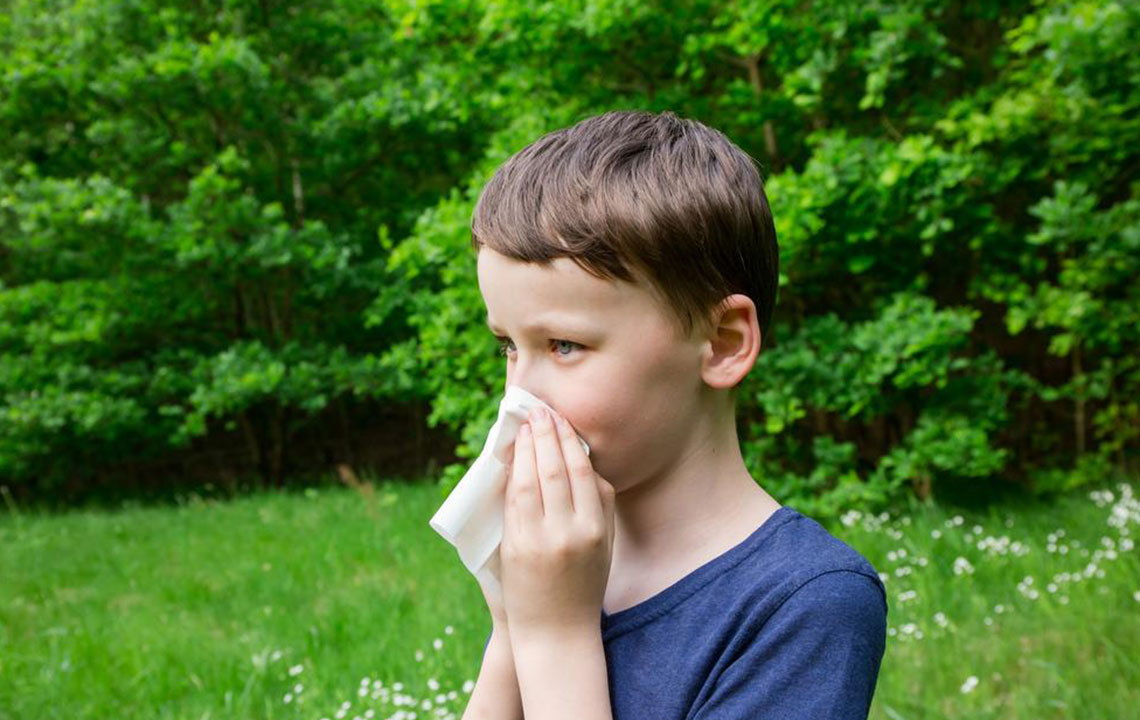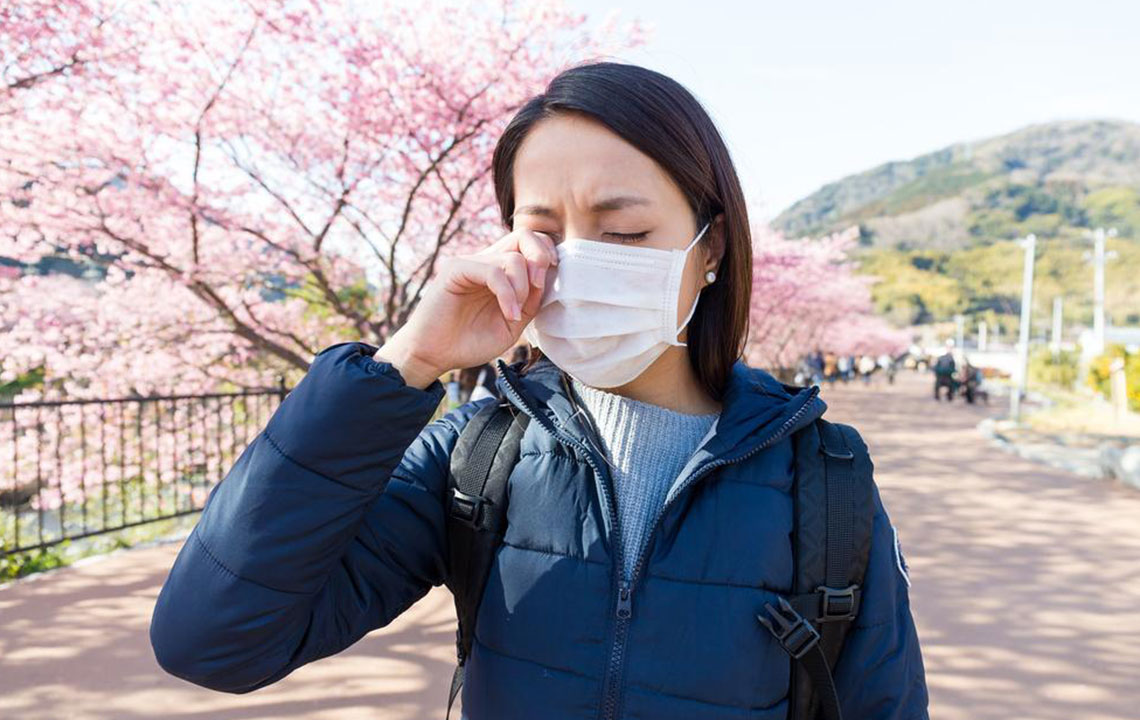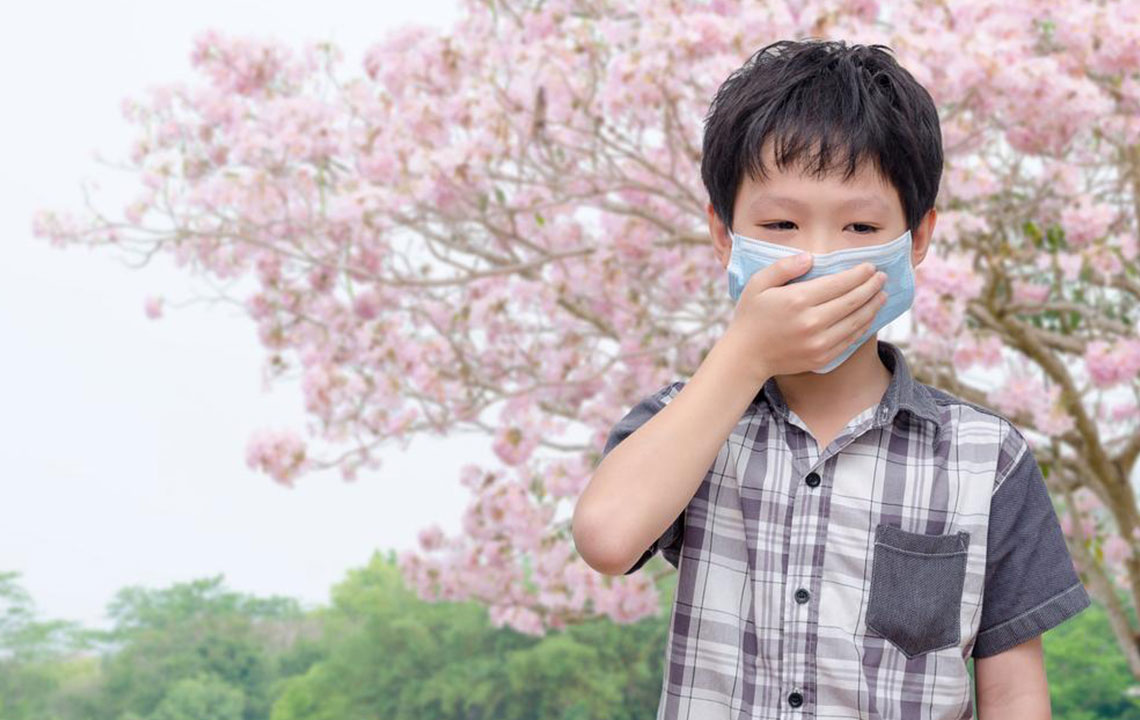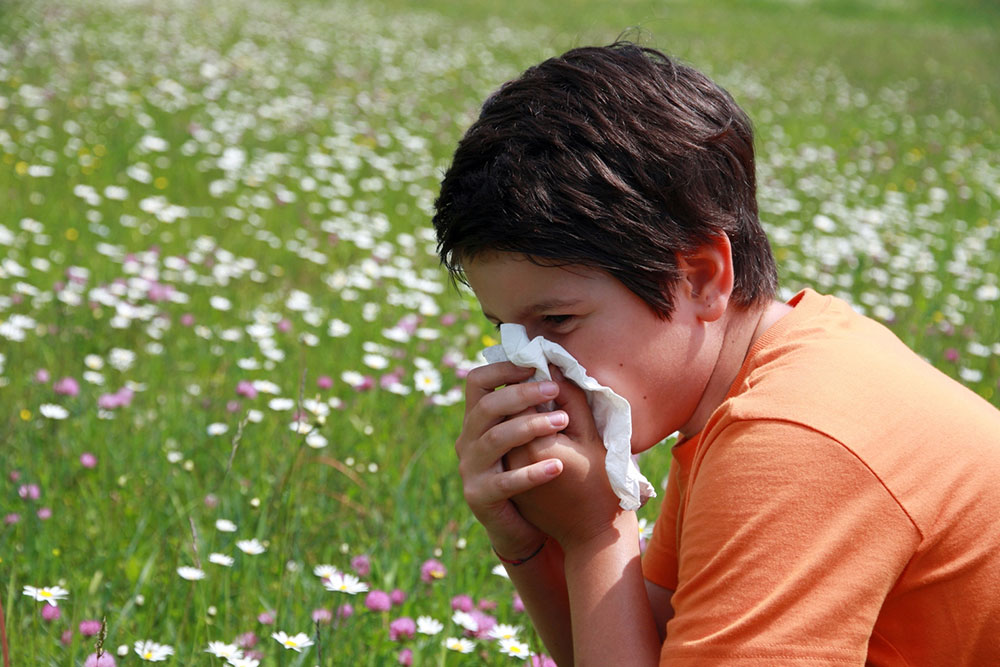Natural Strategies to Ease Pollen Allergy Symptoms
Discover natural methods to alleviate pollen allergy symptoms, including lifestyle tips and home remedies. Learn about common signs, diagnosis, and effective strategies to manage seasonal allergies and improve your quality of life during high pollen periods.

Natural Strategies to Ease Pollen Allergy Symptoms
With changing seasons, many people face sneezing and discomfort caused by pollen sensitivities.
Pollen allergy, or hay fever, results from an immune response to plant pollen released during flowering.
Pollen comprises tiny particles from trees, grasses, and weeds that spread through the air. These lightweight particles can be inhaled, triggering allergic reactions in sensitive individuals.
Approximately 30% of adults worldwide experience some form of pollen allergy.
Seasonal variations influence pollen levels: spring brings flower pollen, summer sees grass pollen, and autumn has weed pollen, making allergy symptoms year-round for some.
This persistent allergy can interfere with daily life and cause significant discomfort.
Key Symptoms of Pollen Allergies
Those allergic to pollen may experience:
Sneezing
Itchy eyes and nose
Red, watery eyes
Runny nose
Coughing
Facial swelling or pressure around the eyes
Breathing issues
In some cases, pollen allergies can exacerbate asthma and respiratory conditions.
Pollen acts as an allergen, prompting the immune system to release histamine. This chemical causes blood vessels to widen, leading to typical allergy signs like nasal congestion, sneezing, and red eyes.
Facial veins may constrict, resulting in 'allergic shiners,' or dark circles under the eyes.
People with asthma are at higher risk of severe reactions, with pollen allergens potentially triggering more attacks.
Diagnosing and Managing Pollen Allergies
Persistent symptoms during high pollen seasons warrant medical consultation. An allergy specialist can conduct skin allergy testing for confirmation.
To reduce symptoms, try avoiding outdoor activities during windy or peak pollen days, use masks, and limit gardening.
Antihistamines are effective options to block allergic responses. Many are available OTC, while others may require prescriptions. Corticosteroids and nasal decongestants can also help manage inflammation and congestion.
Natural Remedies for Relief
For mild cases or those preferring natural options, consider these home remedies:
Saline Nasal Rinse Regular use of saline sprays clears pollen from nasal passages and reduces mucus buildup, easing breathing. Avoid prolonged use of medicated sprays to prevent rebound congestion.
Spicy Foods Incorporating spicy peppers can serve as a natural decongestant due to capsaicin, which also offers anti-inflammatory and antibacterial benefits.
Quercetin Supplements Found in vegetables, quercetin is a natural flavonoid that inhibits histamine release, helping to decrease sinus pressure and congestion.
Additional Tips Wearing masks and sunglasses during outdoor activities, showering after exposure, staying hydrated, and practicing steam inhalation can help minimize pollen effects. Monitoring local pollen counts and reducing outdoor presence on high pollen days are also recommended for symptom control.
Be alert for pollen allergy symptoms, which may vary from minor discomfort to serious respiratory problems. Seek medical advice if symptoms worsen.
Note: This article is for educational purposes. For diagnosis and treatment, consult healthcare professionals. It does not replace professional medical advice and may not cover all options or personalized recommendations.


